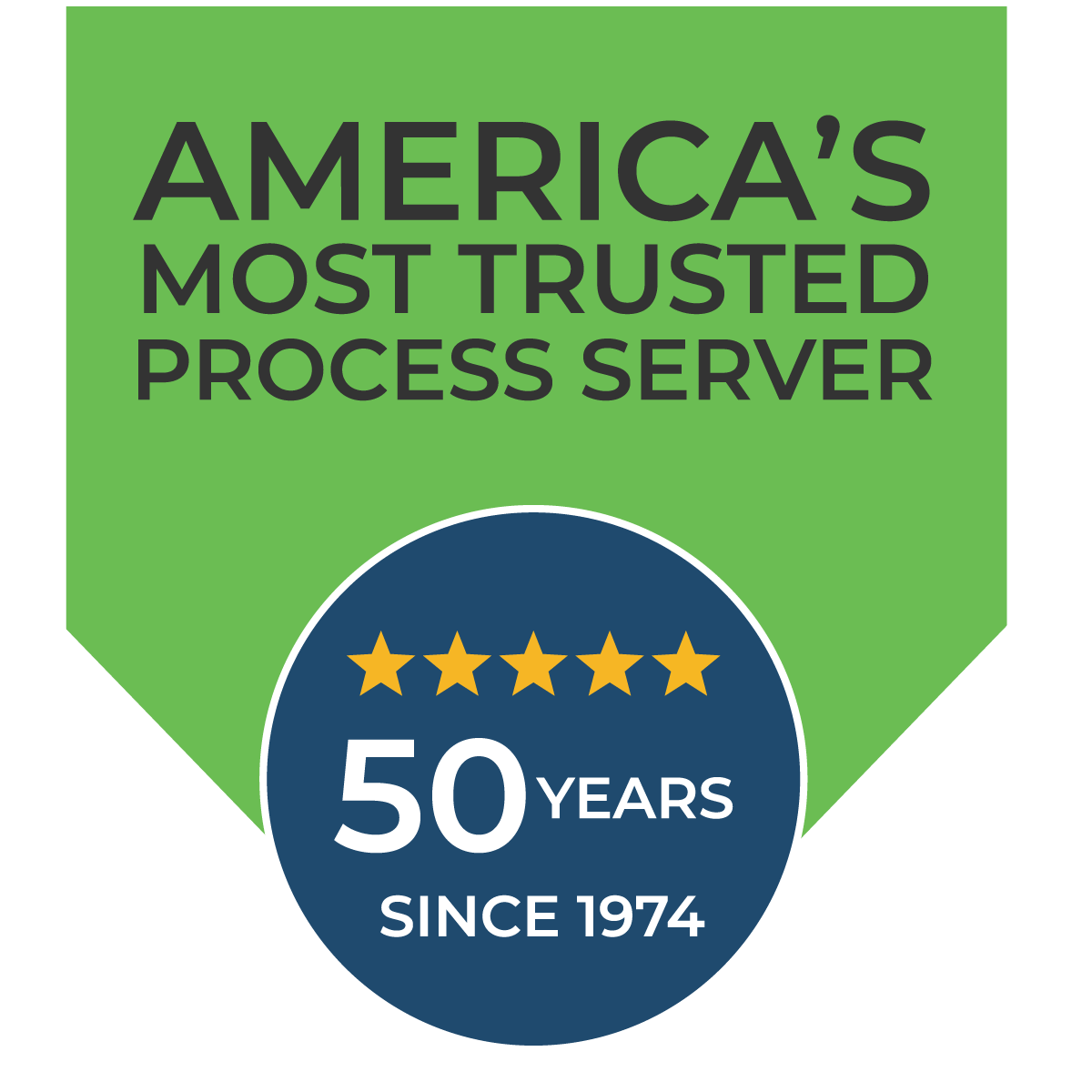This week, “Between the Lines” explores how to choose an e-filing service provider (EFSP) by expertise. Next week,we’ll look at the support, accessibility, and day-to-day feel of interacting with your provider.
Once you’ve decided to use an EFSP, either by choice or state filing regulations, it’s time to decide which one to use. Finding the right provider involves finding a solution that fits into a firm’s legal and business needs—now and in the future. The first step involves weighing the benefits and costs of doing business with different providers.
Read the entire series about How to Choose an E-filing Service Provider:
Not All E-filing Providers Are Equal
E-filing is not as simple as it may seem. A balancing act is required. Legal professionals are used to jumping through a number of daily hoops to meet court requirements. With e-filing, the standard concerns of conforming to the legal process (and documentation requirements) are compounded by the data requirements of digital document management and submission, including constant changes in what courts are willing to accept or need to see when documents are submitted.
Conscientious e-filers must be aware of changes to the legal system as well as the different technologies in play. Determining how an e-filing provider focuses on each of these, and how those priorities align with those of the legal firm is essential. Below are four things to consider when determining an EFSP’s ability to meet legal functions and requirements.

1. Can the Provider Meet Your Legal Requirements?
There are several baseline questions for evaluating the ability of an e-filing provider to meet legal requirements. Can they file on my state’s platform? Can they submit the right kinds of file formats? In many cases, the answer is “yes”. E-filing providers are willing to file with different systems, as interfacing is what they do, but it’s important to dig deeper and ask: do they have the expertise you need?
One of the key benefits of using an e-filing provider is the ability to lean on their experience and exposure to the e-filing system and document requirements. Determining the breadth of filings and the frequency with which an EFSP files documents in a given court district is useful. Consider focal and local expertise.
2. Focal Expertise
Do the cases and files a provider normally handle align with those of the law firm? Legal service providers develop areas of experience and expertise, just as practices develop experience in particular areas of law. If a provider e-files in an area regularly, they are more likely to be aware of the different challenges and requirements of filing in that area, and are the first to see changes that might impact documents and future filings. Looking for a provider who shares a mutual interest in the same branch of law ensures that both companies are looking in the same direction for updates in policies.
Can the provider handle other legal services or work with other providers of existing services for the law firm as needed? Another notable point of evaluation for a provider’s focus lies in their business model and the services they offer. If e-filing is all that is required, then finding a vendor laser-focused on e-filing might be the best move. However, if your firm is already using other legal services, then making sure the services align with one other, or seeing if both services are offered by a single legal services provider can greatly streamline your processes.
ABC Legal Services, for example, started out as a service of process provider and expanded its offerings to include e-filing, venue selection, skip-tracing, and appearance counsel. For small claims and civil suits, being able to bundle e-filing with service of process gives paralegals and attorneys more hands-off time on a case, since after submitting a document, it goes through a set process that can be monitored, but rarely requires input from the law firm.
3. Local Expertise
Does the provider have specialized knowledge of filing in the courts where your firm does business? Whether or not a provider has experience with a particular state, county or venue speaks to their ability to handle caseloads and successfully file documents, as—like most things—exposure breeds familiarity. Certain states and court systems, like the Florida Courts E-filing Portal and E-file Texas, even have lists of certified e-filing service providers.
Or does the provider have experience on the e-filing platform in use by the courts where the firm does business? Some providers may not currently be listed as a high-volume contender in a given state, but know the e-filing platform or a similar one from integrations in another state. Expertise in the local system and the chance to integrate into a new area can create a win-win situation for a law firm and an e-filing provider. The law firm gets the system expertise of the provider and the provider gets to focus on a particular client as they learn the nuances of the regulations in a new area. Like courts, e-filing platforms sometimes release lists of certified EFSPs. For example, Odyssey eFileCA of Tyler Technologies, one of the major platform providers in use in the U.S., has a list of providers they consider knowledgeable in their portal.
Bonus tip: While some firms operate in a single area, others need to operate across state borders. Checking for an e-filing provider’s willingness to work with different systems and in different states may save time down the line.
4. Careful Consideration
Taking stock of the expertise a legal services provider brings to the table is a vital part of the evaluation process. After all, a major reason law firms turn to legal services providers is to have access to specialized knowledge and expertise. However, the experience provided by the EFSP is also essential, perhaps even more so than expertise. Is the solution worthwhile if it’s adding undue hassle to the daily duties or if it’s not optimized to be the best it can be? Evaluating technological support and access is necessary.
Next week, “Between the Lines” examines the alignment between business needs and the services provided by an e-filing service provider. Subscribe to the ABC Legal blog to get the latest tips and news around legal services, legal trends, litigation and legal technology straight to your inbox.
E-file with ABC Legal Today
File more cases than you could ever file alone, using an expert team that will ensure documents are e-filed quickly and accurately so legal cases can move forward. Current customers can contact account management or customer support to place an e-filing order today. New customers can simply visit the easy-to-use portal that provides a simple step-by-step process to place an order. To learn more about e-filing and the other services offered at ABC Legal, and to find the right combination to meet your legal services needs, request a demo with one of our sales representatives.
About ABC Legal Services
ABC Legal is the nation’s leading service of process and court filing company and is the official process server to the U.S. Department of Justice. Docketly is a subsidiary of ABC Legal, providing appearance counsel on a digital, custom-built platform that smoothly integrates with our applications and services. ABC Legal’s applications are cloud-based and compatible for use on desktop, browser, and smartphones. Our solutions and digital approach ensure process server partners, law firm customers, and their clients save valuable time and resources when serving legal notices safely and with maximum compliance, control, and transparency. ABC Legal is based in Seattle, WA, with more than 2,000 process servers throughout the U.S., as well as internationally in more than 75 countries. To learn more about ABC Legal, our solutions, and subsidiary company Docketly, visit www.abclegal.com.

Written by
Heather ThomasService made simple—down the road and across the country. Join the 50,000+ professionals who trust ABC Legal for service of process.
Recent Posts
Subscribe to email updates
Popular posts
Learn More

Between the Lines: E-filing 101

Between the Lines: Top 4 E-filing Mistakes, Part I

Between the Lines: Top 4 E-filing Mistakes, Part II

Between the Lines: 3 Key E-filing Provider Features to Optimize Collections Cases








